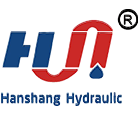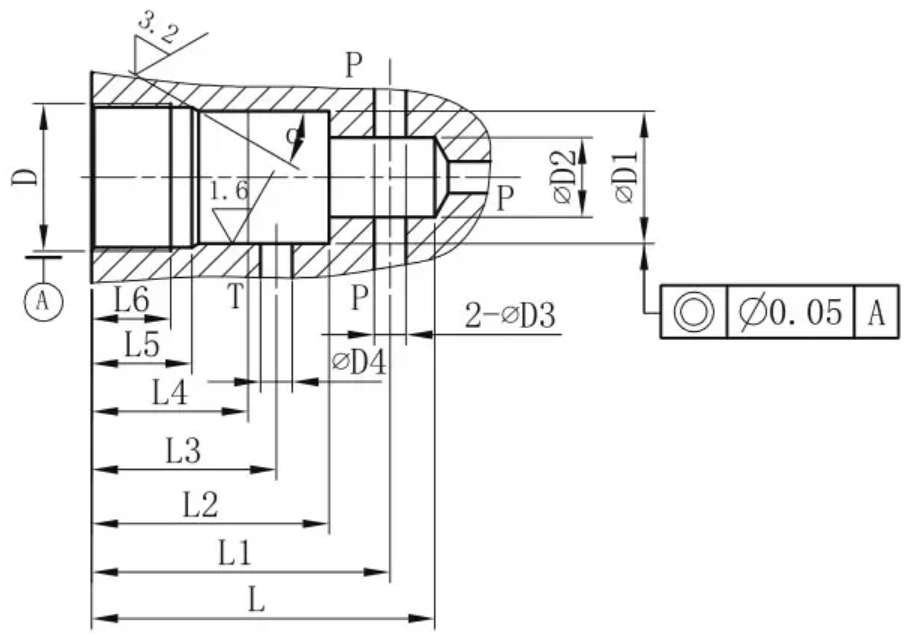Pressure control valves play a pivotal role in various industries by regulating the pressure within systems to ensure optimal performance and safety. These valves are essential components in sectors such as oil and gas, where they manage fluid flow and maintain system integrity. The global demand for pressure control valve continues to rise, driven by advancements in valve technology and increasing automation needs. By preventing overpressure, these valves protect equipment and enhance operational efficiency, making them indispensable in modern industrial applications.
Understanding the Functionality of Pressure Control Valves
Pressure control valves serve as vital components in hydraulic systems, ensuring that pressure levels remain within safe and efficient limits. These valves perform several critical functions, from regulating system pressure to maintaining a set pressure in specific circuit parts. By understanding their basic operation and types, one can appreciate their significance in various industrial applications.
Basic Operation of Pressure Control Valves
How pressure is regulated within a system
Pressure control valves regulate pressure by adjusting the flow of fluid within a system. They achieve this by opening or closing in response to pressure changes, thereby maintaining the desired pressure level. When the system pressure exceeds a predetermined limit, the valve opens to allow excess pressure to escape, preventing potential damage. Conversely, when the pressure drops below the set level, the valve closes to maintain the necessary pressure for optimal system performance.
Key components involved in pressure control
Several key components contribute to the effective operation of pressure control valves:
- Valve Body: Houses the internal components and provides the pathway for fluid flow.
- Spring: Applies force to the valve mechanism, helping to maintain or adjust pressure levels.
- Spool or Poppet: Moves within the valve body to open or close the flow path, regulating pressure.
- Diaphragm or Piston: Responds to pressure changes, assisting in the movement of the spool or poppet.
These components work together to ensure that the pressure control valve operates efficiently, safeguarding the system from overpressure or underpressure conditions.
Types of Pressure Control Valves
Pressure control valves come in various types, each designed for specific applications and pressure regulation needs.
Pressure reducing valves
Pressure reducing valves maintain a lower, constant output pressure regardless of fluctuations in the input pressure. They are essential in applications where precise pressure control is necessary to protect sensitive equipment or processes.
Pressure relief valves
Pressure relief valves protect systems from overpressure by allowing excess pressure to escape. They automatically open when the system pressure exceeds a set limit, ensuring safety and preventing damage to equipment.
Sequence valves
Sequence valves control the order of operations in a hydraulic circuit. They ensure that specific actions occur in a predetermined sequence by maintaining pressure levels required for each step.
Unloading valves
Unloading valves are used in accumulator-operated circuits to manage pressure economically. They divert excess pressure back to the reservoir when the system reaches a certain pressure level, optimizing energy use and reducing wear on components.
Applications of Pressure Control Valves Across Industries
Pressure control valves find extensive applications across various industries, ensuring optimal performance and safety in fluid handling systems. These valves play a crucial role in maintaining precise control over flow rate, pressure, and other process variables, thereby enhancing productivity and security.
Industrial Manufacturing
Use in Hydraulic Systems
In industrial manufacturing, pressure control valves are indispensable in hydraulic systems. They regulate pressure to ensure machinery operates within safe limits, preventing damage and maintaining efficiency. By controlling the pressure, these valves help in achieving precise movements and operations in hydraulic machinery, which is essential for tasks requiring high accuracy and reliability.
Role in Pneumatic Systems
Pneumatic systems also benefit significantly from pressure control valves. These valves manage air pressure, ensuring that pneumatic tools and equipment function correctly. By maintaining consistent pressure levels, they enhance the performance and longevity of pneumatic systems, which are widely used in manufacturing processes for tasks such as assembly, packaging, and material handling.
Oil and Gas Industry
Pressure Management in Pipelines
The oil and gas industry relies heavily on pressure control valves for managing pressure in pipelines. These valves ensure the safe and efficient transport of oil and gas by regulating pressure levels, thus preventing leaks and potential hazards. The demand for such valves continues to rise as the industry seeks to optimize process control and enhance safety measures.
Safety Applications in Drilling Operations
In drilling operations, pressure control valves serve as critical safety components. They prevent overpressure situations that could lead to equipment failure or accidents. By maintaining the desired pressure levels, these valves contribute to the overall safety and efficiency of drilling activities, which is vital in the high-risk environment of oil and gas extraction.
Water and Wastewater Management
Maintaining Pressure in Water Distribution
Pressure control valves are essential in water distribution systems. They help maintain consistent pressure levels, ensuring a reliable supply of water to residential, commercial, and industrial users. By preventing pressure fluctuations, these valves protect the infrastructure from damage and reduce the risk of leaks and bursts.
Applications in Sewage Systems
In sewage systems, pressure control valves play a vital role in managing the flow and pressure of wastewater. They ensure that the system operates efficiently, preventing backflow and overflows that could lead to environmental contamination. By maintaining optimal pressure levels, these valves contribute to the effective and safe management of wastewater, which is crucial for public health and environmental protection.
Automotive Industry
Use in Braking Systems
Pressure control valves play a crucial role in automotive braking systems. They ensure that the hydraulic pressure applied to the brakes remains consistent, providing reliable stopping power. By regulating the pressure, these valves help maintain the balance between the front and rear brakes, preventing wheel lockup and skidding. This precise control enhances vehicle safety, especially in emergency braking situations. The integration of pressure control valves in braking systems underscores their importance in maintaining optimal performance and safety in automotive applications.
Role in Fuel Systems
In automotive fuel systems, pressure control valves are essential for maintaining the correct fuel pressure. They ensure that the engine receives a consistent fuel supply, optimizing combustion efficiency and performance. By regulating the pressure, these valves prevent fuel leaks and reduce emissions, contributing to environmental sustainability. The use of pressure control valves in fuel systems highlights their significance in enhancing vehicle efficiency and reducing environmental impact. Their ability to maintain precise pressure levels ensures that modern vehicles meet stringent emission standards while delivering optimal performance.
Pressure control valves play a crucial role in maintaining system safety and efficiency across various industries. They regulate pressure levels, ensuring optimal performance and preventing potential damage. These valves find applications in hydraulic systems, plumbing, oil and gas, and automotive industries, among others. By managing pressure effectively, they enhance operational efficiency and protect equipment. As an Expert in Hydraulic Systems notes, these valves perform essential control tasks, such as limiting maximum operating pressure and establishing sequence movements. Their versatility and reliability make them indispensable components in modern industrial applications.






